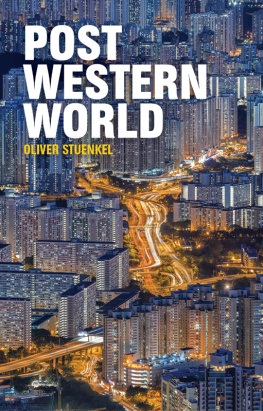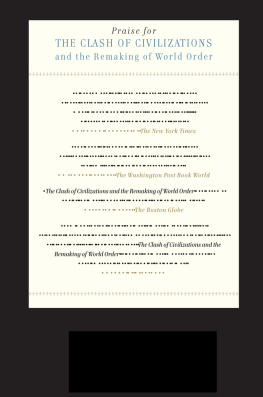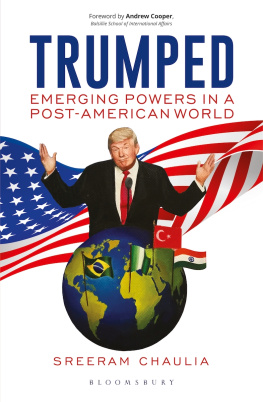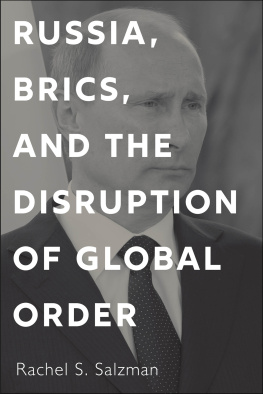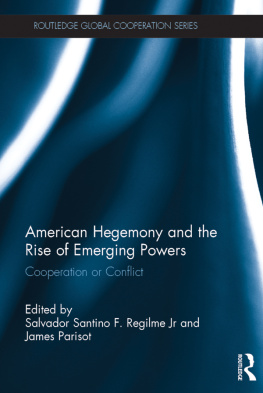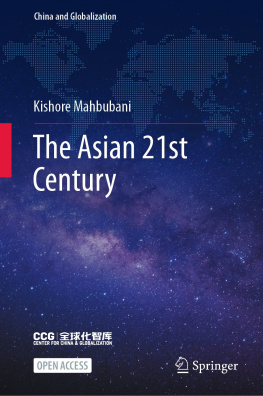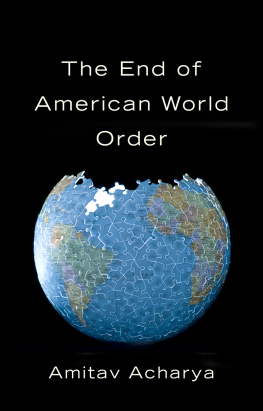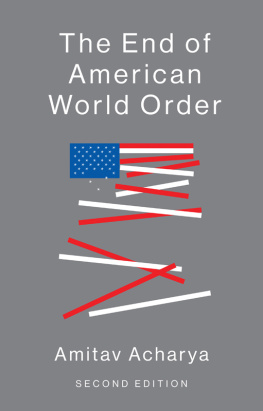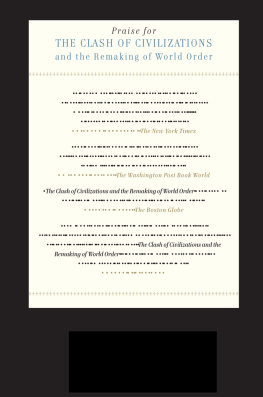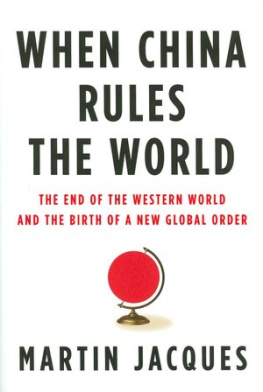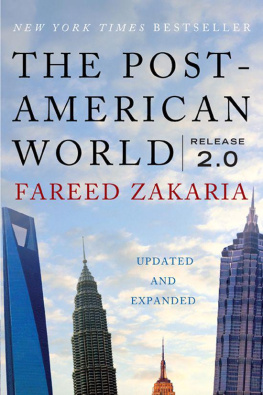Oliver Stuenkel - Post-Western World: How Emerging Powers Are Remaking Global Order
Here you can read online Oliver Stuenkel - Post-Western World: How Emerging Powers Are Remaking Global Order full text of the book (entire story) in english for free. Download pdf and epub, get meaning, cover and reviews about this ebook. year: 2016, publisher: Polity, genre: Politics. Description of the work, (preface) as well as reviews are available. Best literature library LitArk.com created for fans of good reading and offers a wide selection of genres:
Romance novel
Science fiction
Adventure
Detective
Science
History
Home and family
Prose
Art
Politics
Computer
Non-fiction
Religion
Business
Children
Humor
Choose a favorite category and find really read worthwhile books. Enjoy immersion in the world of imagination, feel the emotions of the characters or learn something new for yourself, make an fascinating discovery.
- Book:Post-Western World: How Emerging Powers Are Remaking Global Order
- Author:
- Publisher:Polity
- Genre:
- Year:2016
- Rating:5 / 5
- Favourites:Add to favourites
- Your mark:
Post-Western World: How Emerging Powers Are Remaking Global Order: summary, description and annotation
We offer to read an annotation, description, summary or preface (depends on what the author of the book "Post-Western World: How Emerging Powers Are Remaking Global Order" wrote himself). If you haven't found the necessary information about the book — write in the comments, we will try to find it.
With the United States superpower status rivalled by a rising China and emerging powers like India and Brazil playing a growing role in international affairs, the global balance of power is shifting. But what does this mean for the future of the international order? Will China dominate the 21st Century? Will the so-called BRICS prove to be a disruptive force in global affairs? Are we headed towards a world marked by frequent strife, or will the end of Western dominance make the world more peaceful?
In this provocative new book, Oliver Stuenkel argues that our understanding of global order and predictions about its future are limited because we seek to imagine the post-Western world from a parochial Western-centric perspective. Such a view is increasingly inadequate in a world where a billions of people regard Western rule as a temporary aberration, and the rise of Asia as a return to normalcy. In reality, China and other rising powers that elude the simplistic extremes of either confronting or joining existing order are quietly building a parallel order which complements todays international institutions and increases rising powers autonomy. Combining accessibility with expert sensitivity to the complexities of the global shift of power, Stuenkels vision of a post-Western world will be core reading for students and scholars of contemporary international affairs, as well as anyone interested in the future of global politics.
A fascinating interpretation of our understanding of politics and global affairs, which demonstrates the evolving nature of power today. Oliver Stuenkel presents a compelling argument - not just about the Rise of the Rest, but also the overlooked power and influence of the non-Western world. Highly engaging and instructive.
Dr Shashi Tharoor, Indias Minister of State for External Affairs (2009-10)
Oliver Stuenkel is one of the best new voices in the field of international politics. In Post-Western World, he explores the primary challenges of the global order and critiques the parochial, Eurocentric vision which conforms to international power structures. This book is essential reading for anyone seeking to understand what a multipolar world order would look like and how it might be effectively realized.
Celso Amorim, Brazils Minister of External Relations (1993-5, 2003-11) and Minister of Defence (2011-15)
Oliver Stuenkel: author's other books
Who wrote Post-Western World: How Emerging Powers Are Remaking Global Order? Find out the surname, the name of the author of the book and a list of all author's works by series.

